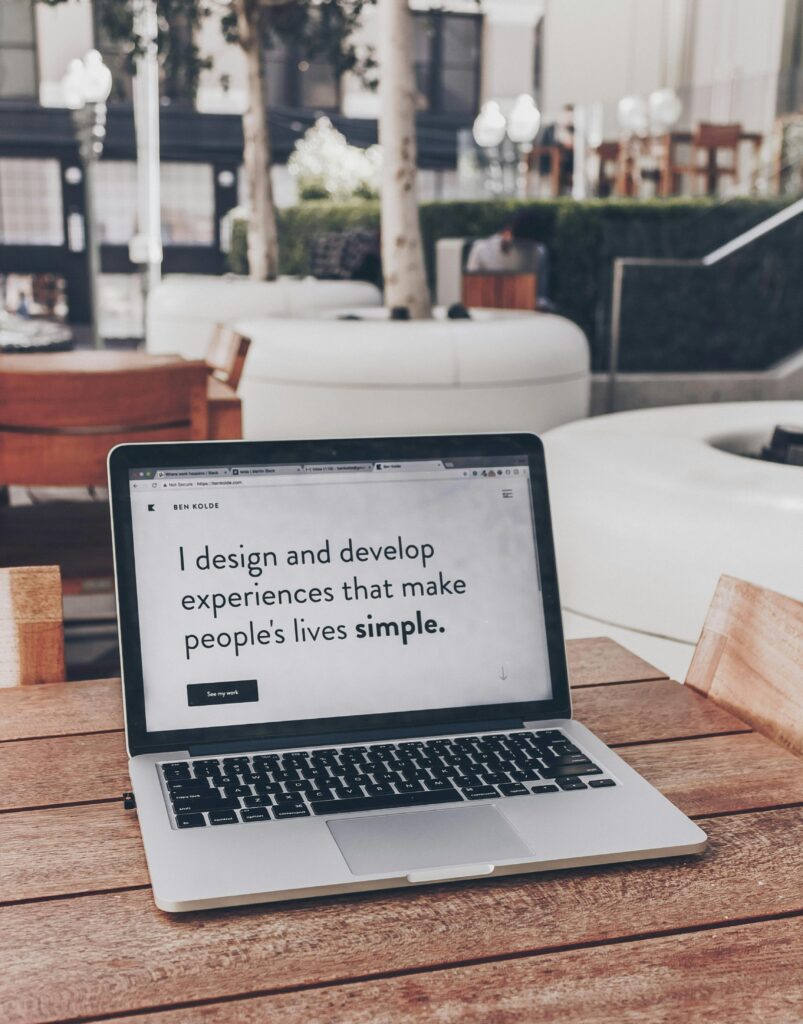This week’s deep dive into digital citizenship had me reflecting on the invisible forces that shape our online experiences—like who controls our data, how it’s used, and whether the digital world is truly accessible for everyone. The guest talks and resources helped me think critically about how systems are designed and how tech choices (or oversights) can impact entire communities. As a CS undergrad and UVicAI club exec, I’m often surrounded by discussions about AI safety and tools—but we sometimes forget to talk about who those tools are made for and who gets left out.

One concept that stuck with me was datafication—the process of turning human lives into quantifiable data points. With every click, search, and like, we’re unknowingly giving away bits of ourselves. As someone deeply involved in AI, this hits hard. We feed models massive datasets, but how often do we think about where that data comes from, or whether people even consented to their data being used? The idea of “digital consent” shared in the readings was a good reminder that respecting privacy isn’t just about laws—it’s about ethics and empathy too.

The accessibility talks introduced me to assistive technologies like screen readers, alternative keyboards, and dictation tools. I’ve always been curious about building software with accessibility in mind—especially after hackathons with accessibility tracks. Hearing about tools like Otter.ai or the immersive reader in Microsoft Edge was honestly eye-opening. I realized accessible design isn’t just for people with disabilities—it benefits everyone, including me during my late-night study sessions with tired eyes.
What really clicked was that accessibility is just good design. As developers, we shouldn’t be building for the “average” user. Making apps more inclusive isn’t a bonus feature—it’s a necessity. Plus, considering privacy and cybersecurity from the start helps build trust. This ties back to our earlier blog post on AI and academic integrity—using AI ethically, designing transparently, and keeping accessibility in mind are all part of building tech that’s good for everyone.